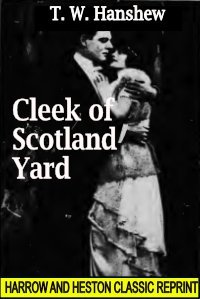By Timothy Hsiao
Critics of American policing often make the claim that it is a direct descendant of antebellum slave patrols, the mostly voluntary groups organized to capture runaway slaves and stifle slave rebellions in the early eighteenth century. Consider just a few examples:
“The origins of modern-day policing can be traced back to the ‘Slave Patrol.’” — NAACP
“Policing itself started out as slave patrols. We know that.” — Rep. James Clyburn.
“Slave patrols . . . morphed directly into police.” — Nikole HannahJones.
“[M]odernized police actually emerged in the South during slavery— they literally were slave catchers.” — Scalawag Magazine.
Even pro-law enforcement organizations such as the National Law Enforcement Memorial and Museum in Washington, D.C. have come to accept this claim. According to one criminal justice textbook, it is “widely recognized that law enforcement in the 20th-century South evolved directly from these 18th and 19th-century slave patrols.”
While it is true that slave patrols were a form of American law enforcement that existed alongside other forms of law enforcement, the claim that American policing “traces back” to, “started out” as, or “evolved directly from,” slave patrols, or that slave patrols “morphed directly into” policing, is false. This widespread pernicious myth falsely asserts a causal relationship between slave patrols and policing and intimates that modern policing carries on a legacy of gross injustice. There is no evidence for either postulate.
In order to demonstrate causation, one must show that modern policing drew its distinctive practices and structure from slave patrols. But the evidence shows that American law enforcement—whether in the form of sheriffs, town watches, constables, or police—all emerged from distinctly English influences. Both slave patrols and modern police departments drew from these influences. The fact that the latter did so after the former does not mean that the latter emerged from the former.
New York: National Association of Scholars, 2023. 6p.















